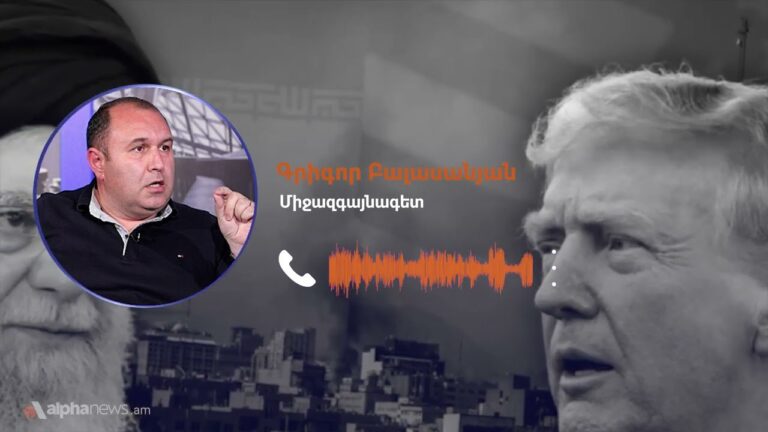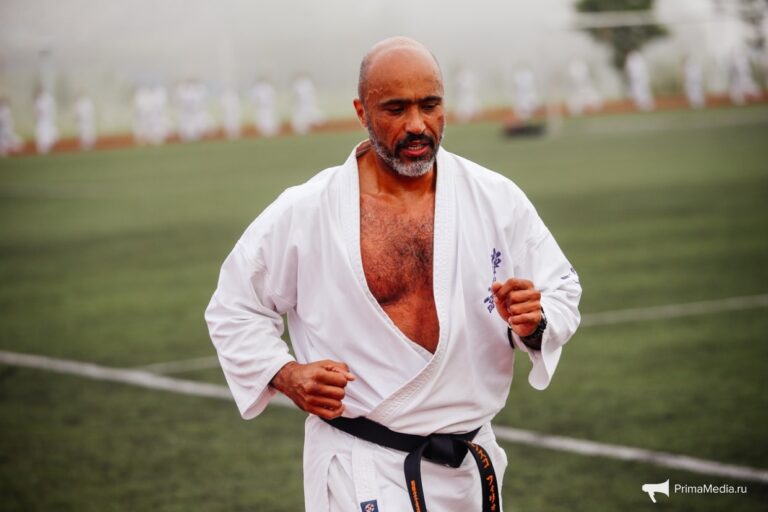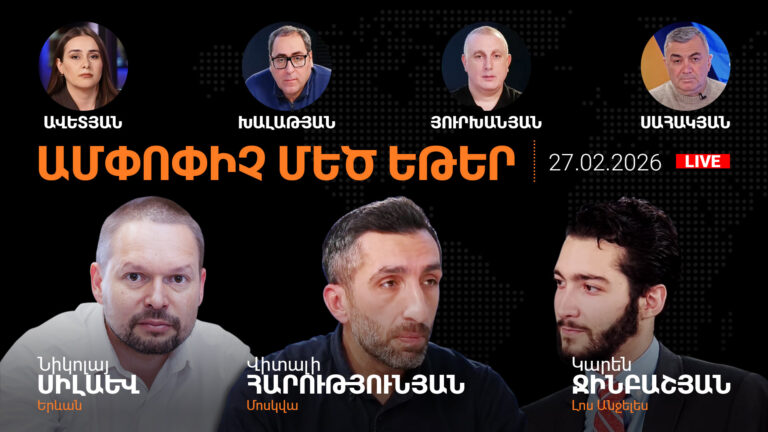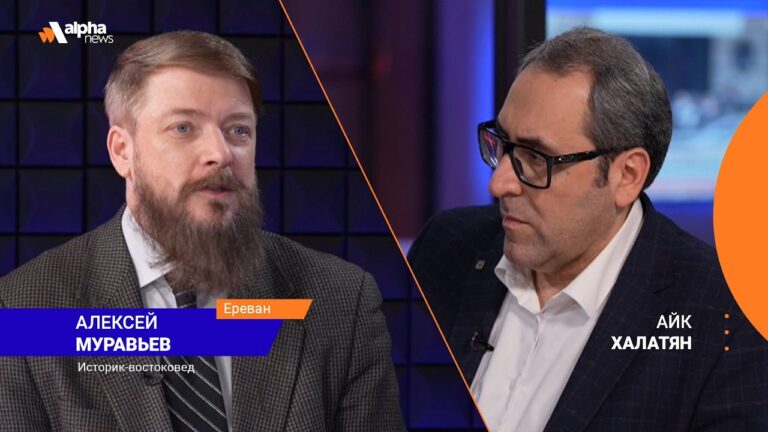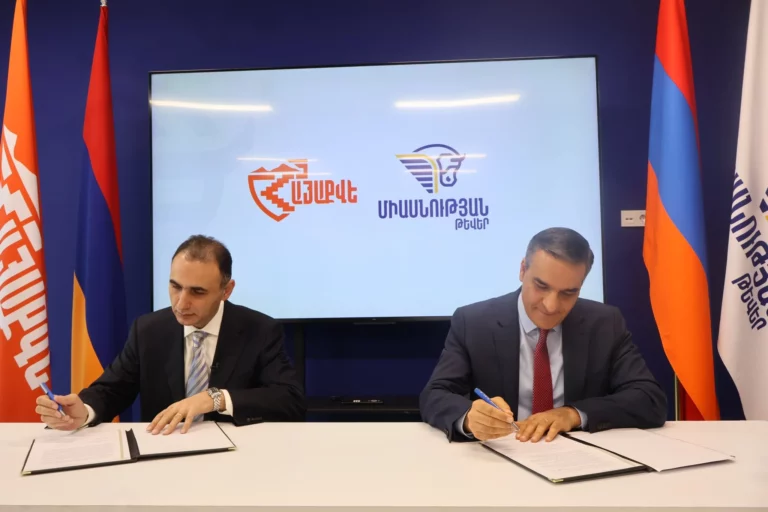How long will Russia call on Armenia to engage in constructive dialogue with the CSTO?
February 09 2024, 17:14
Developments that are now taking place in the world should have forced the Armenian authorities to reconsider a number of principles of their policy.
For three days, Russian and Western media have been discussing the arrival in Moscow of American journalist Tucker Carlson and his interview with Russian President Vladimir Putin. The United States, in the best traditions of Pashinyan’s bastion of democracy,” which prohibits the entry of politically undesirable persons into Armenia, proposed to ban Carson from returning to the United States.
If we put aside such proposals of the “American Pashinyans”, it becomes clear that a strategic dialogue has begun between the Russian leadership and a number of US political elites who may come to power in the fall of 2024 as a result of the expected victory of Donald Trump in the presidential election.
For the elites who may come to power with Trump, it is important that the dialogue with the Russian leadership be direct, without intermediaries. It is important to hear personally from the President of Russia exactly how Moscow imagines the end of hostilities in Ukraine and how it sees the security guarantees that it wants to receive from the West (which were announced in December 2021). It is also important to hear what the President of Russia will say about the expected conflict between the United States and China and the attitude of official Moscow.
In other words, 10 years after the beginning of the active phase of the Ukrainian crisis and 2 years after the outbreak of the war in Ukraine, the United States entered into a direct dialogue with Russia. It is clear that even with Trump in power, sanctions against Russia will not be lifted for the most part, but it is also obvious that Russia has won the war of attrition, which led Moscow and Washington to a dialogue. Moscow’s calls for talks have been heard.
How is Armenia connected with this, especially in conditions when, according to Pashinyan, “the South Caucasus region is already an EU region”? It is not the first time that Russia has urged Armenia, as it used to urge the United States, to start discussing the issues in bilateral relations, more specifically within the CSTO.
“We are all interested in further developing the CSTO and its effectiveness as a military-political union. Undoubtedly, this would be facilitated if Armenia returned to normal and full work within the organization as soon as possible. Unfortunately, our Armenian allies have actually distanced themselves from the organization so far,” Deputy Foreign Minister Alexander Pankin said in an interview with RIA Novosti.
These calls from Moscow are very similar to those Moscow once made for the US authorities—to sit down at the negotiating table and discuss everything in a constructive manner. However, there is another, subtle point for Armenia, especially since it still refuses to sign the documents adopted at the latest CSTO meeting in Minsk in 2023.
The very fact that Armenia refused to sign the documents adopted at the final summit does not mean that the decisions taken within the framework of the CSTO will not be fulfilled. On the contrary, a political precedent is being created when member countries make decisions and take relevant actions without consensus in the CSTO.
Are the Armenian authorities sure that this is exactly the model of interaction with Moscow and the CSTO that the country—and they—need?

